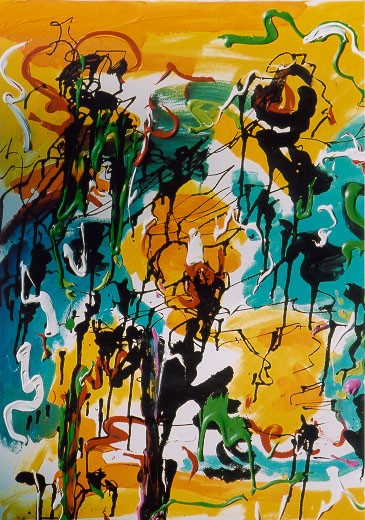Tales from the Cultural War: Sports Betting and Pot Legalization
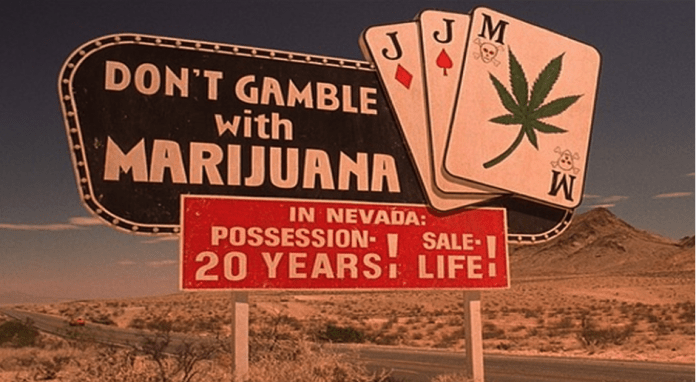
Despite widespread pot legalization, many Americans, especially minorities, are getting busted for possession.
One striking parallel between sports betting and marijuana legalization is that states are pushing activities most Americans deem harmless out of the black market, regulating them and then parlay much needed tax revenue.
But at some point, the paths of pot and sports betting diverge, in a milieu of cultural symbolism, social acceptance, haves and have nots, authority and power.
Sports Betting Goes Live
In May of 2018, the US Supreme Court ruled that states were now free to pass laws legalizing sports betting. As expected, many states are jumping on board:

A ‘Pot of Gold’ for States?

State legislators are already tamping down their expectations for a windfall of cash from sports betting to fund their schools, roads and pension debt.
Take New Jersey for example. The first state to legalize sports betting took in $928 million in sports bets in the second half of 2018. The yield: less than $8 million in tax revenue for the Garden State. Current projections for a full year with all sports books up and running: $25 million. Maybe.
In Nevada, “revenue from sports betting has accounted for roughly one-half of one percent of the entire state budget.”
In the final analysis, sports betting revenues will account for pennies on the dollar. Rhode Island’s highest sports betting tax rate of 51% will fund one quarter of 1% of the state’s budget.
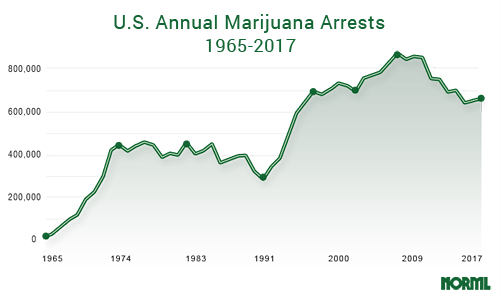
That Other Harmless Vice
On the other hand, marijuana has been a tax bonanza for the states that have legalized it use. Colorado and Washington, the first two states that legalized pot, enjoyed tax revenues of $250 million and $320 million respectively in 2017.
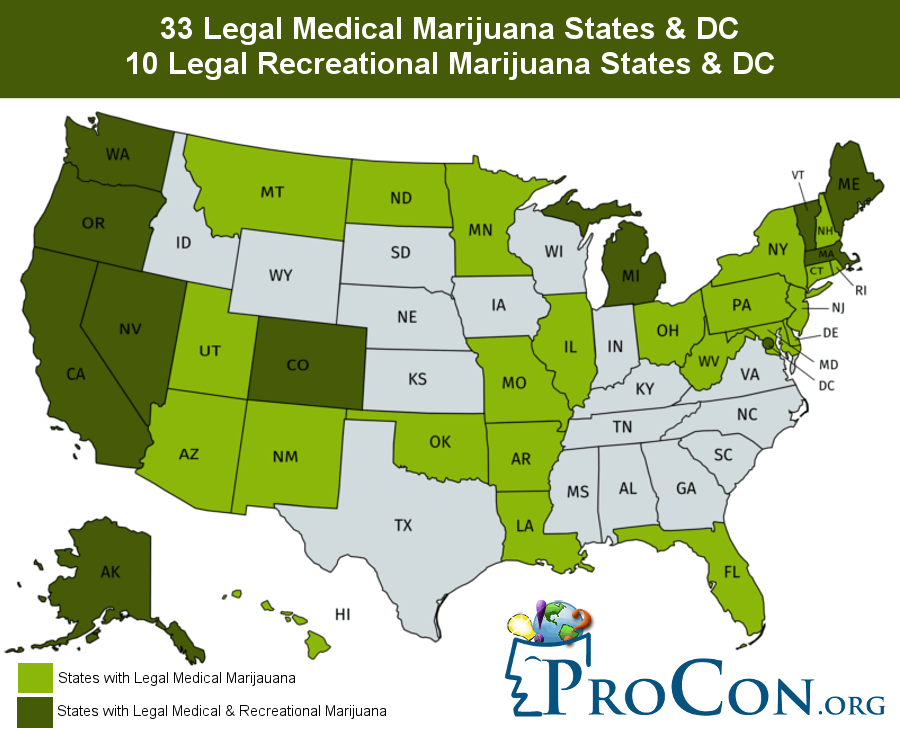
So why are so many people in this country getting busted for possession of marijuana? And why is there so little interest in inquiries that link gambling to crime?
There is one practical reason: Marijuana is still banned by the federal government. But that’s not the whole story.
The dominant socio-economic order has always regarded gambling as its favorite adult recreational activity. Anyone can see this by the bells and whistles it flaunts: High rollers. Men in suits. Women in gowns. Sheldon Adelson. Wayne Newton. It’s the establishment, baby (insert Dean Martin finger-snap here).
On the other end of the equation, American who chose marijuana as their “harmless” vice haven’t fared so well. Ever since the Marihuana Act of 1937 (spelling correct) made pot illegal, enforcement has been selective, arbitrary and thoroughly discriminatory.
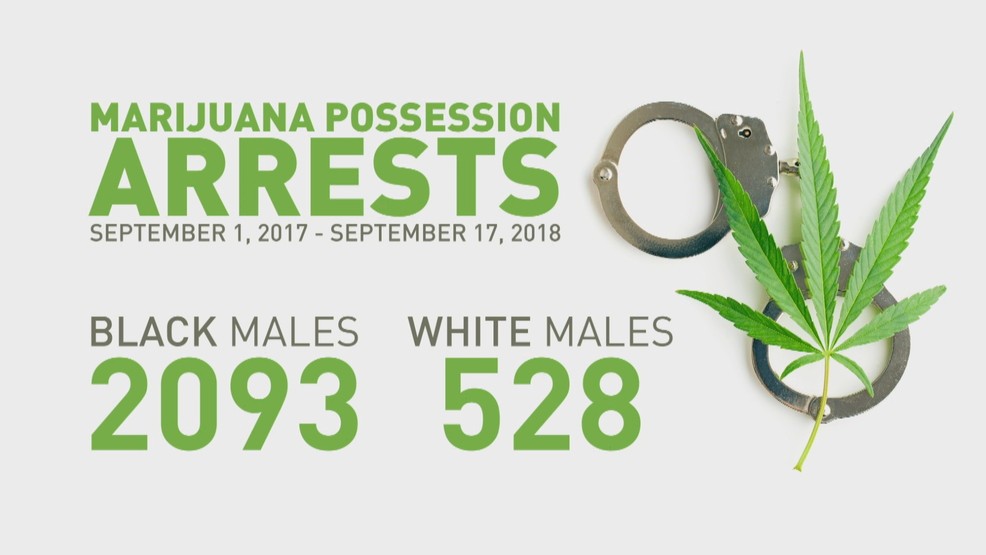
According to the American Civil liberties Union (ACLU), a black person is 3.73 times more likely to be arrested for marijuana possession that a white person, even though blacks and whites use marijuana at similar rates.
In 2017, according to the Drug Policy Alliance, the number of people in the US arrested for a marijuana law violation totaled 659,700. A little over 90% of those arrests were for possession only.

“The Gentleman Gambler”
Joe Vito Mastronardo died in prison in November 2015 at the age of 65 for a transgression that the state of Pennsylvania recently made legal. For all of the casualties of the “drug war,” I give you one gambler who died too soon.
He was the son-in-law of the late Frank Rizzo, the former law-and-order mayor of Philadelphia who probably didn’t approve of what Joe Vito did for a living, but never spoke ill of him publicly.
Joe Vito ran one of the biggest sports books in the country out of his home in suburban Philadelphia. When he was arrested in 2013, cops seized $6.3 million, including $1.1 million wrapped in PVC pipes buried in his backyard.
“He was a beautiful man,” remembered Dennis Cogan, his attorney. “He was never involved in violence. If a person couldn’t pay his gambling debt, Joe would just forgive the debt. It was just that he couldn’t bet with Joe again.”
Too many casualties.



